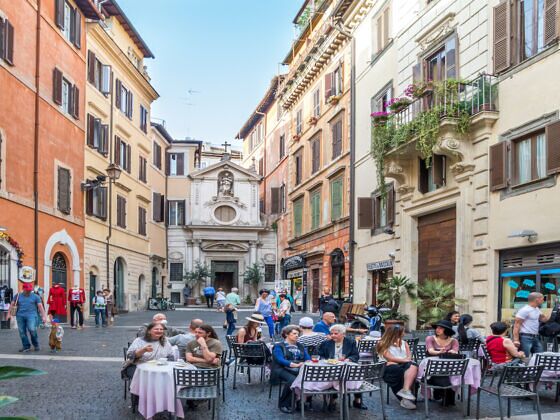When I was 10 years old, my father had his first heart attack. As a result, I became an ardent non-smoker. When I was 13, I saw a pair of cows get slaughtered in Bangladesh. As a result, I became a vegetarian.
Over the ensuing two decades, I, the non-smoking vegetarian, developed a keen awareness of the fine line between conscientious environmentalism and smug arseholery. (Note: the latter pontificates on how you should live your life, the former does not.)
